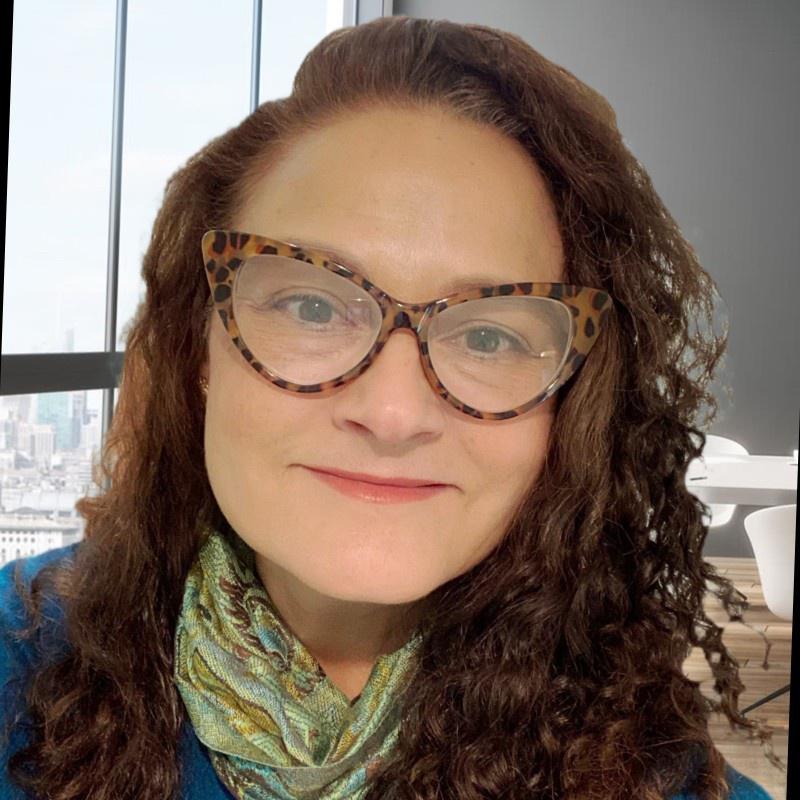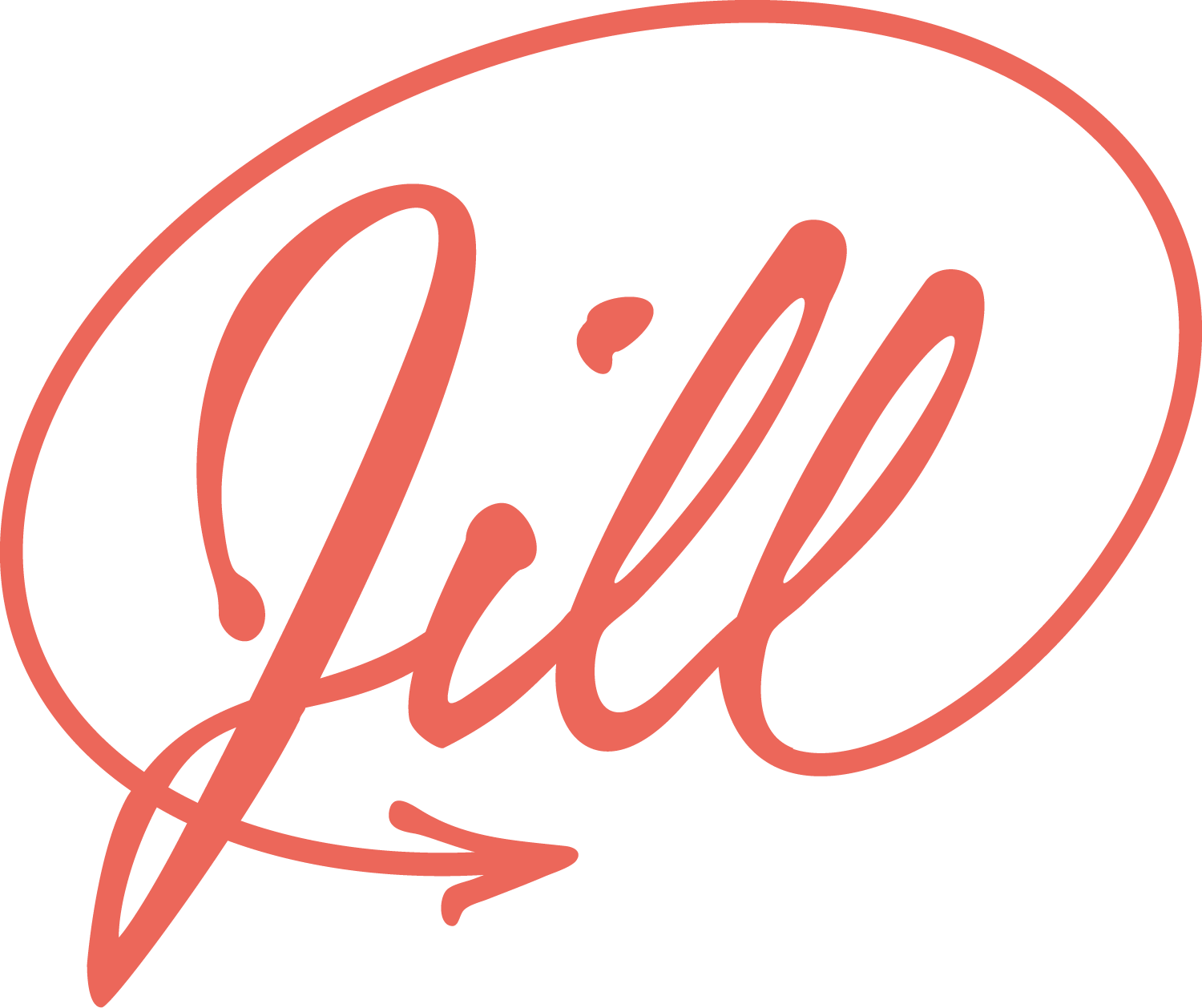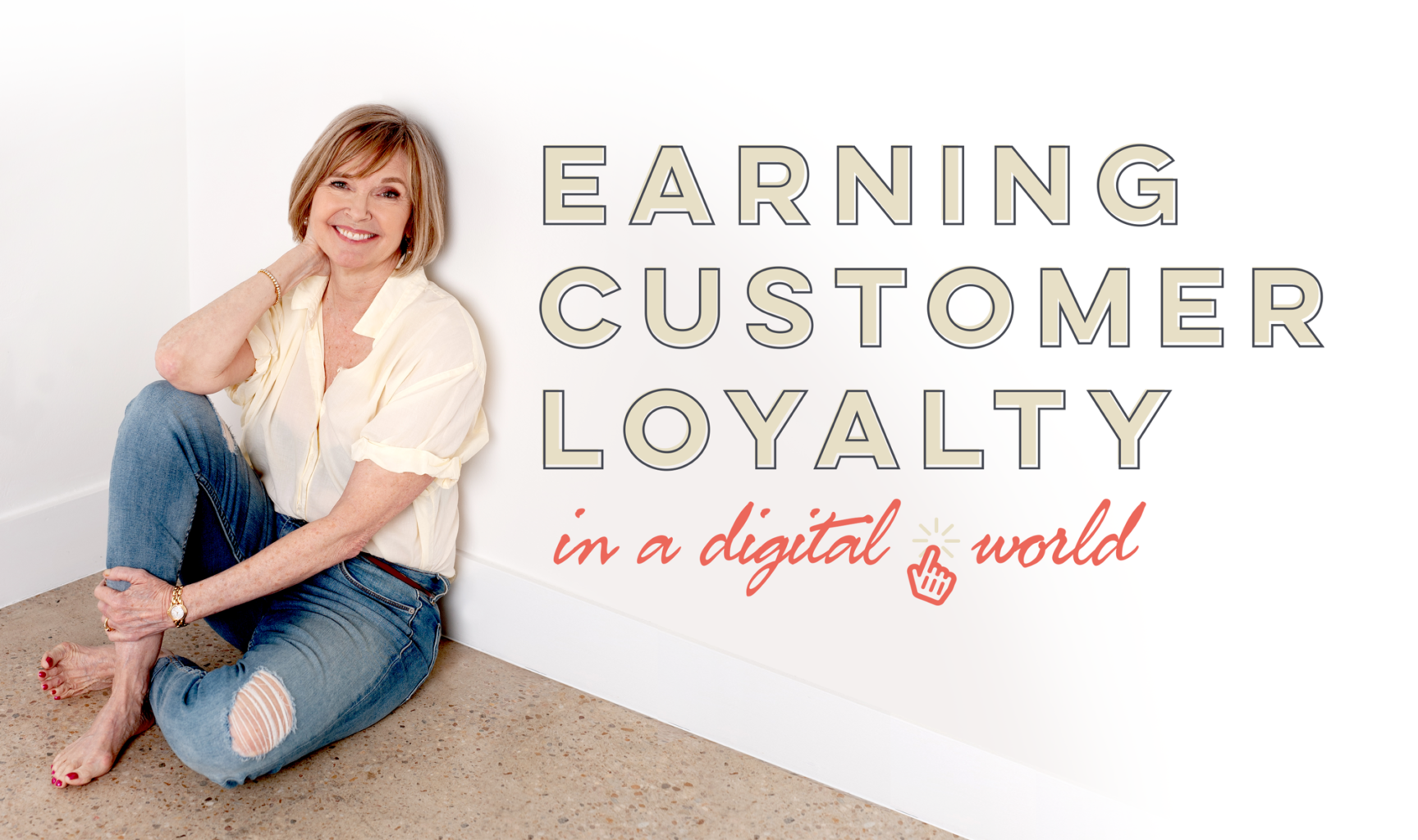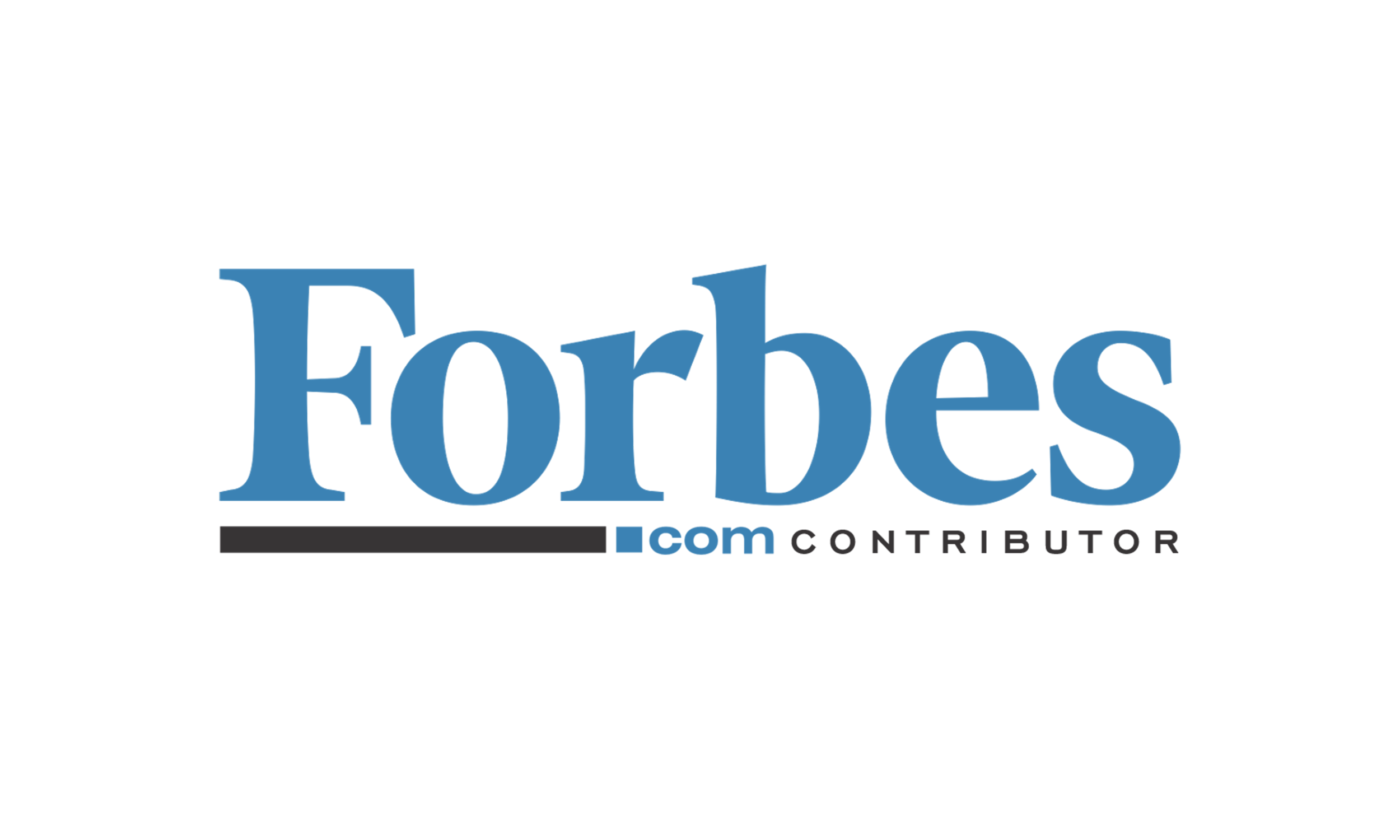
What’s Ahead For The Next Generation Of Employees
Melanie Lougee is the Head of Employee Workflow Strategy at ServiceNow.
She has more than 20 years of experience working in HR technology and HR service management, including four years as a Gartner analyst where she provided advisory services to C-level and leadership teams on technology, transformation, change management and HR communications strategies. Prior to Gartner, Melanie held various strategy positions at Oracle (and, formerly PeopleSoft) and enterprise software provider, Infor.
I had the opportunity to interview Melanie recently. Here are some of the highlights of that interview:
Jill Griffin: What does your company do? Who are some of your clients?
Melanie Lougee: ServiceNow is a workflow company that makes work, work better for people. We create digital workflows for enterprises to transform old, manual, tedious processes that are siloed across organizations and departments, and we connect those into one flow. This makes it a lot easier for employees to navigate through what they need to do every day. And it makes it a lot easier for companies to have transparency and business continuity.
We work with approximately 80% of the Fortune 500. Companies like American Express, General Mills, United Airlines, Dell, Disney+, and a lot more of the world’s largest organizations across all types of industries are using our products.
Griffin: How has COVID changed the future of work?
Lougee: It’s changed everything. It’s been a time of reckoning. Many of the workplace trends we were beginning to see pre-pandemic were rapidly accelerated by COVID.
Even before the pandemic, companies were already thinking about business transformation to make old, outdated processes simpler using technology. They were already thinking about using more artificial intelligence and more mobile capabilities. But when COVID happened and workplaces shut down or had to transform the way they were working overnight, changes that were probably on a five to 10-year time frame were put on a five to 10-week time frame.
Companies had to make these herculean efforts, and some of the resulting changes are improvements that companies are going to want to keep.
Griffin: How is the entrance of Generation Z changing the fabric of our workforce?
Lougee: Before COVID, we thought of Generation Z collectively. But COVID fundamentally changed the way this generation is going to operate.
It split the generation into two parts – one half is older children and young adults. These are people graduating from college and entering the workforce and high school students picking out what colleges to go to and thinking about their prom. All of this was interrupted by COVID. This group put off school or continued college remotely. They might have been in school and looked at the job market, which though it is recovering now, at the time was rough, and said ‘forget it, I’m just going to do graduate school remotely.’ Their expectations and plans were upended by COVID. So, I think about this group of Generation Z as “generation interrupted.”
Then there’s the other half – “virtual natives.” For this younger cohort of Generation Z, virtual interactions have been embedded into their day-to-day lives, and will continue to be a normal way to interact even after the pandemic. They also watched as people around them struggled with the complexities of the pandemic – from childcare to remote work and job loss. Because of these experiences, they may gravitate towards skills training and remote education as a path to jobs, versus a traditional four-year college. They have grown up with a mix of face-to-face interactions and collaboration facilitated by technology and will expect to continue to be able to do nearly everything virtually.
Griffin: What effect does that have on your clients?
Lougee: COVID impacted almost every organization, beyond just our customers. It put a big pause on hiring for many organizations and changed the way education and job requirements are being viewed in some cases. There’s also been an increased focus on diversity this past year.
We see a few different trends converging here. Companies are trying to hire more diverse talent, but the truth of is that only about 40% of underrepresented minorities have college degrees. Yet, so many jobs, at least white-collar jobs, require college degrees. Meanwhile, the younger generation is getting much more interested in skills-based work. They are managing their own education online and updating their skills when they need to or want to.
As “generation interrupted” enters the workforce, I think these two different influences will lead to a lot more skills-based hiring and opportunities for people who don’t have a four-year degree.
“Generation interrupted” is also very used to working in adverse conditions and working remotely, so this will be another influence on the workplace of the future. It will be very difficult to tell them that they must show up to an office when they’ve already proven that they don’t need to be in an office to be productive.
This is also a generation that has been dealing a lot with social, political and environmental changes, and they have less trust in institutions. They’re focused on equity and fairness. This is a generation that isn’t entering the world they thought they were going to be entering.
They might be more attracted to flexible work arrangements. They might be much more attracted to gig work. They might be more attracted to jobs that have a purpose. After this last year, it may be more important for them to work in green jobs, healthcare, and public service – jobs that have some security and some purpose to them.
Griffin: That is so fascinating. That myriad of challenges is what you help your clients with, in addition to helping them sync their processes?
Lougee: Absolutely. Workflow solutions are critical for companies to ensure business continuity. There will continue to be major challenges with COVID in different parts of the world. There will be climate change events and global political changes. As these events continue to happen, companies need to take the agility that they learned during COVID and bake that into their culture and the way they operate.
Implementing digital workflows that can connect an organization across systems, time zones, and cultures is going to be essential. Remaining agile and possessing the ability to pivot quickly will allow these companies to keep operating smoothly.
Companies need to have a rock-solid backbone to balance business continuity and individual choice. Employees are going to expect more personalized experiences from their employer, and they’ll have unique needs and priorities that will require different services and resources. Organizations need workflows that help maintain business continuity, while addressing the very real needs and expectations at an individual level.
The relationship between employer and employee has also deepened. There used to be so much focus on fancy perks in the office – massages, beautiful gyms, and fancy cafeterias. Now, it’s like Maslow’s Hierarchy of Needs has reemerged as the focus for many organizations. They are looking for the essentials of health, personal wellbeing, and the wellbeing of their immediate family. I predict, and I’m hopeful, that as companies recover, they will think hard about the benefits that have the most real impact on people’s lives, more so than the superficial perks.
Griffin: From all your articulate speech about all of this, I’ve got to ask you about your background. Where did you grow up, tell me about your childhood, where did you go to college?
Lougee: I grew up in California, I’m a Bay Area native. I was adopted when I was two months old. I just found my birth parents about two years ago. I was raised by a very educated Bostonian New England family in California. I went to Santa Clara University – a fantastic school. Before joining ServiceNow, I was at Gartner and Oracle. I’ve spent most of my career in HR, product leadership, and technology. When I found my family, I discovered that I’m Puerto Rican and Métis. Metis are a mix of indigenous Canadian and European.
Griffin: What did you study in school, and how did you prepare for this macro vision of the world and all its moving parts?
Lougee: Santa Clara University is a fantastic institution that teaches not just academics, but the value and impact of sociology, society, and ethics. They’re very focused on volunteerism and outreach, which is all baked into a Santa Clara education. I can’t speak highly enough about my alma mater.
I went into HR when I was still at Santa Clara University. I’ve always found the workforce side of business really fascinating because I like the cultural intersection. I like understanding the difference in how employees and employers relate in the United States, versus what that agreement looks like in China, for example. I think that so much about humans and how we live has to do with our culture and political systems, and how businesses interact with people – and I’ve always been interested in that intersection.
Griffin: What is your role now at ServiceNow?
Lougee: I head strategy for the Employee Workflow business unit.
Griffin: How long have you been there?
Lougee: Just over one year. The four years before joining ServiceNow, I was a Vice President at Gartner.
Griffin: Can you give me three bullet points for people that are struggling with all of this – what would be the three action items that they should start trying to get themselves acclimated to for this new environment?
Lougee: The first thing I would say is that businesses can’t manage a hybrid workforce with very individualized expectations and needs without technology.
The future is going to require empathy at scale. That’s something that our CEO, Bill McDermott, has said, and I believe in that. There must be a humanization of that relationship between employer and employee to keep employees interested and engaged and give them a sense of purpose. As the economy in the United States recovers, people who might have been staying in a job for the security this past year will start looking for new opportunities. I’ve heard statistics of up to 40% of workers are thinking about switching jobs, so it will be very important for employers to have that empathy, connection, and communication with employees to keep them committed, loyal and productive. Employers who already have a strong employee-centric culture stand to gain from the disruption – they can attract top talent from companies who haven’t earned their loyalty.
Another piece of this puzzle is the role of the manager. If you think about corporate objectives and HR policy, the manager plays a very important role in an individual’s ability to be productive in their job and, ideally, feel satisfied with their job and engaged with the company.
While there’s a big difference between a retail manager, a healthcare manager, or a manager for desk workers in the tech industry, what they all have in common is that they must be able to quickly understand and support all their employees. As this “generation interrupted” comes in with a very different view of the world and different ideas about education and their career path, this could add more challenges for managers.
Managers need a toolset to help make sure there is equity, and that each employee is having their needs met, even if those needs are different. Technology can help managers have critical visibility into policies and an understanding of each person as an individual. A lot of the people that are in management now may not have gotten into management thinking that’s what they wanted to do.
The manager of the future will need to be more of a coach, mentor, and guide. They’ll need to be almost a talent agent, making sure that these employees have opportunities and that their work is visible. They must make sure that their employees are given the right opportunities. I don’t think there will be a lot of space for managerial fiefdoms.
original post 2021-10-18



